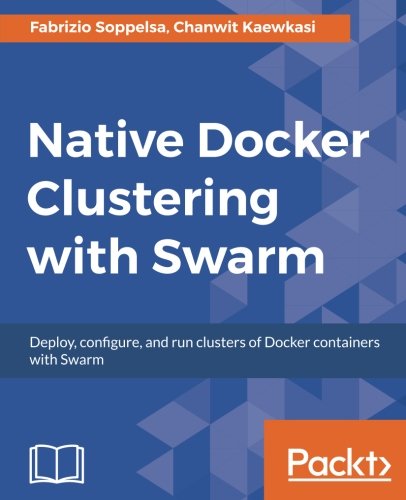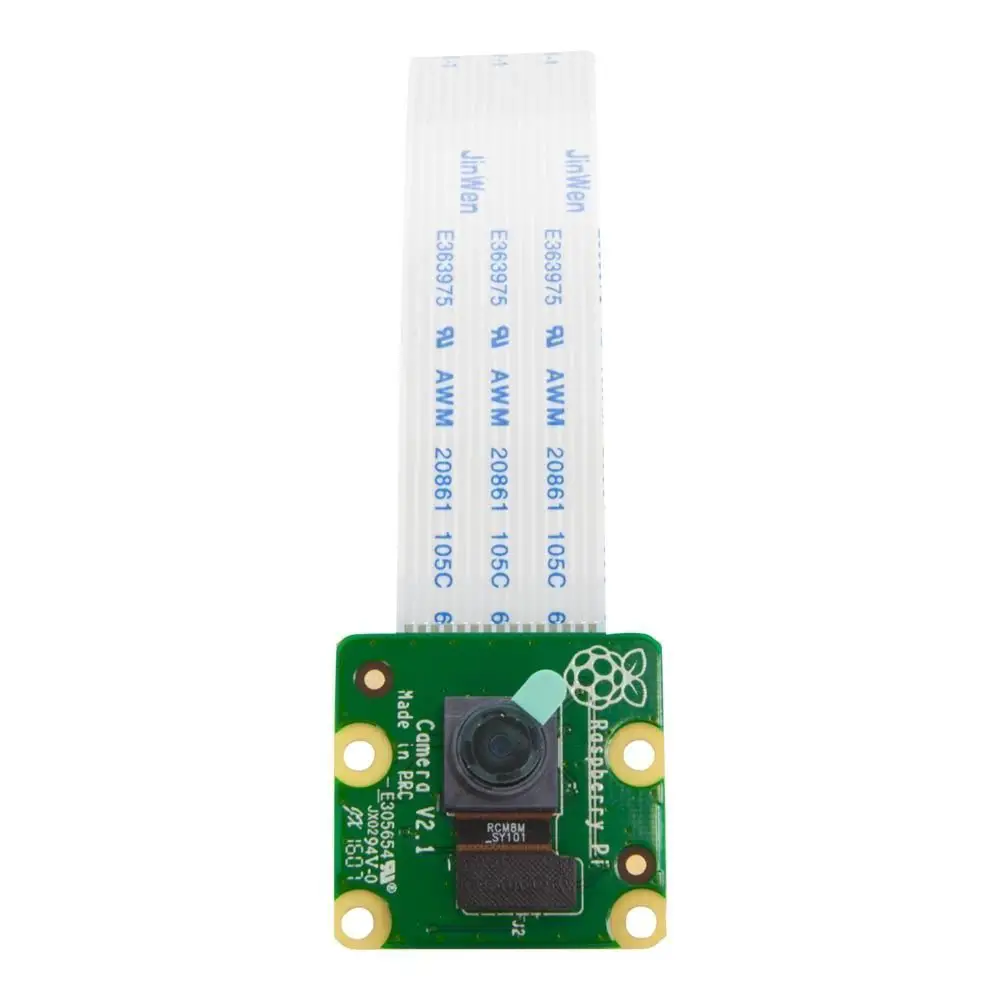; Date: Fri Mar 02 2007
Tags: OpenJDK »»»»
Last weekend was
FOSDEM 2007 .. it's a rather large meeting, in Europe, of open source developers and others interested in open source. I honestly did not know about this meeting until recently, but I did attend (with other OpenJDK team members) and wow it was a wonderful event. FOSDEM had participation from pretty much every branch of open source software including FreeBSD, OpenBSD, OpenSuse, GNUStep, Ubuntu, Mandriva, Drupal, GNOME, KDE, MONO, GCC/GCJ/GDB, Kaffe, Classpath, Mauve, JamVM, Cacao, CentOS, Fedora, Open Solaris, OpenJDK and more ..
Maybe I missed out on FOSDEM itself, but I spent the weekend in a room with the Java DevJam meeting being held at FOSDEM. There were representatives from the Harmony project, Classpath, Kaffe, Cacao, the OpenJDK and other implementations in free software of software that attempts to implement the Java platform (*). This meeting was different because we, in the OpenJDK project, were in attendance for the first time.
This slide from Mark Weilaard's talk kind of captures who was being represented as well as a map of some of the free java landscape. (I don't know why Harmony isn't on the slide ...?)
It was wonderful, absolutely wonderful, to meet with these people and see the extent the free java community has gone in the attempt to have a Java platform that's "free". "Free" of course means freedom, the freedom to copy the source, modify the source, redistribute modified source, etc. While many people have apparently been happy with the way we (Sun) previously distributed the JDK and JRE, there have of course been those who want it to be free.
For myself I've gone through a shift of opinion. Last May when Jonathan and Rich said "it's not a matter of if but when" ..well.. I had this moment of We're going to do what? It was exactly like this story from the early 60's, John F Kennedy, the President of the United States, promises before that decade was out we'd land people on the moon. He made that announcement and the scientists at NASA who had been pondering pie-in-the-sky thoughts like a moon mission went We're going to do what, but then they kicked into overdrive and did it.
I had done a good job of arguing the party line before that announcement. The old party line being that to protect conformance and compatibility we could not open source Java. But the Java Trap was (and is) a very real effect. Open source purists (like Richard Stallman who initially wrote about the Java Trap) are right, that for "open source" to have full effect their full software stack must be open source. Oh, being Richard Stallman he probably uses the phrase Free Software rather than Open Source. If you write a free or open source application using Java, is it truly free if the Java platform you run it on is not free or open source? That's the trap.
By the way ... doesn't this trap also transfer to processor and computer design?
On Java Freedom Day (November 13) we had a little party after the official launch event, and there was a room with a video camera a cameraman ready to record our thoughts. This MP4 video stream is me and my thoughts that day. (WARNING: That link is to an internal Sun website, I'll be reposting it outside Sun the next chance I get) The setup is very unscripted, the cameraman asked two or three questions and the words I said were unscripted what came out of my mouth in that moment. I dunno where this came from but what popped into my mind is this picture .. that the essential nature of Java really fits free software, the open source model, and perhaps the GPL.
What it means is ... Java wants to be ubiquitous, and achieving real ubiquity probably is not possible with non-free-open-source ... No matter how close we got to open source with the peabody project, it wasn't enough.
But anyway.. back to the present and FOSDEM.
What really stood out for me is all these free VM's that have been written. While none of them are complete enough to properly call them Java (*), they execute most Java programs .. implementing something like a Java VM is a very significant effort, and there were the implementors of several of them all in one room.
A really touching thing was the near-standing-ovation we, the OpenJDK team, were given. We had three hours to present the OpenJDK picture, some details about Hotspot, the JavaC compiler, Java2D and the quality team.
And it was wonderful to meet these people face-face, to talk with them, to share meals with them, to drink beer together, etc.
This has gone on long enough so I'll stop writing ... Mark Reinhold posted his slides on
OpenJDK @ FOSDEM 2007 ... Tom Marble had some things to say about the Magic of FOSDEM ... In a couple days I'll post something about the presentation I made regarding the OpenJDK Quality Team ... Tom Marble has posted all the
OpenJDK FOSDEM Slides including the ones I presented.
(*) By saying "attempts to implement the Java platform" I mean .. these free VM's and the Classpath runtime do not implement everything (yet) and have not passed the JCK or performed the other requirements so they can properly be called a Java platform.
Source:
weblogs.java.net











